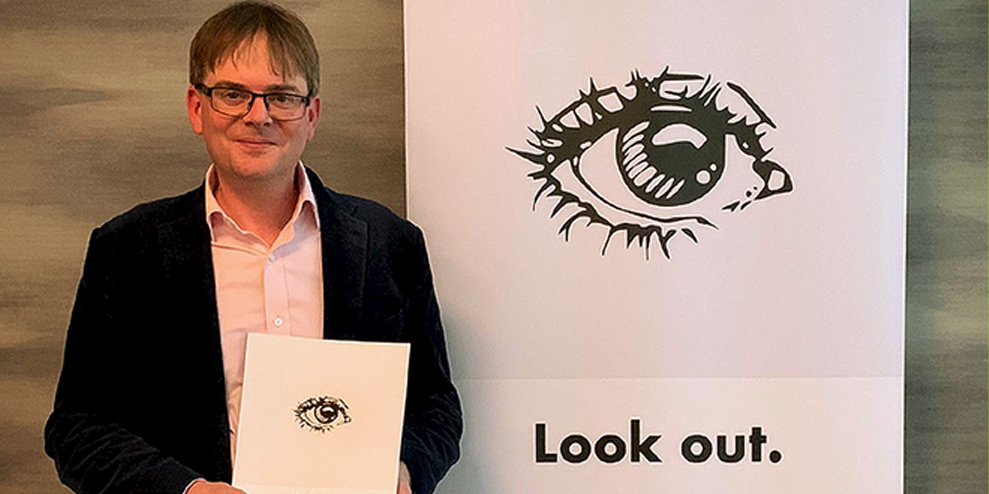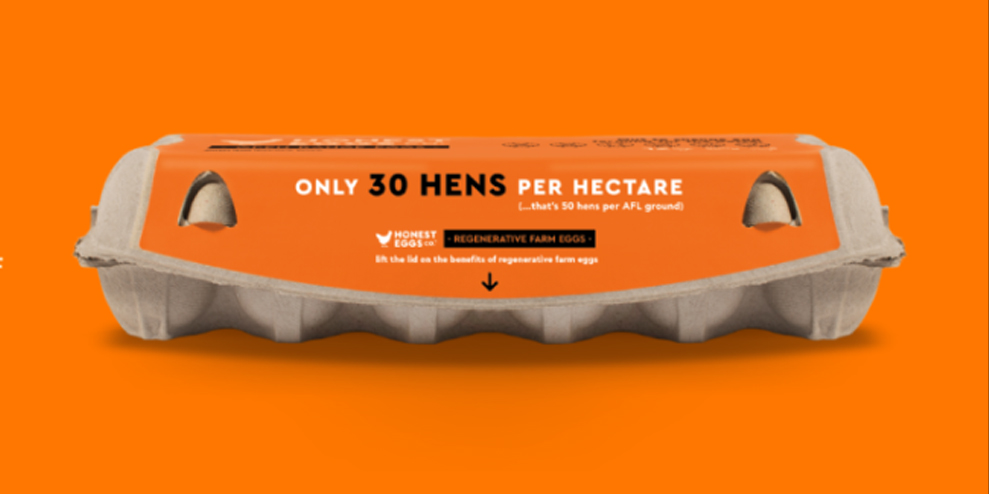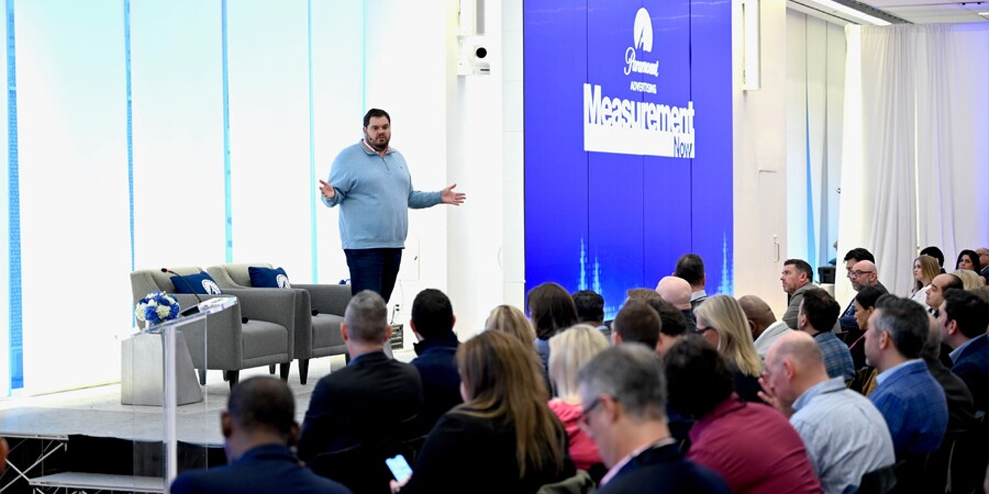Advertising, an industry that has always taken pride in making the audience smile, is increasingly turning its back on humor. Funny ads get caught in a squeeze between worthy, purpose-driven work that gets industry approval on the one hand, and the flat, message-heavy style of online ads on the other.
But humor should always have a place in advertising for one simple reason—it works. If people like an ad, they’ll like the brand a little more too.
Just like the Oscars seldom give top awards to comedies, ad industry juries don’t hand the big prizes to funny ads. At Cannes this year only one of the video Lions went to a humorous campaign, Cheetos’ Super Bowl ad with MC Hammer popping up to tell us that “U Can’t Touch This” with Cheeto-dusted fingers.
The rest of the awarded work at Cannes might have made you think, or get mad or nod in appreciation at the technical wizardry. But laugh? No chance.
And yet the Cheetos ad isn’t just excellent, it’s effective. It scored four stars out of five in System1’s Test Your Ad, a tool that tests every ad that airs to predict each one’s long-term and short-term growth potential for its brand. Most ads only get one star—they don’t make people feel anything, which means they won’t help build any positive associations for a brand. Cheetos’ Hammer-Time antics put them in the top tier of audience response—you can see the second-by-second response to the ad of people’s positive emotions grow in happiness and surprise!
Why does humor work so well? In his new book, “Look Out,” Orlando Wood offers a guide to making effective attention-grabbing ads across different media platforms, ranging from TV to pre-rolls and in-feed environments. Humor is one of his big themes; the clever juxtapositions, satisfying repetitions and unexpected reversals that make people laugh are also great ways to attract the broad-beam attention that ads need to capture.
Humor, “Look out” argues, is a source of flexibility in an increasingly rigid culture. It gets the attention of the right side of the brain, which handles that broad-beam attention. Wood’s work identifies a number of features that have right-brained appeal, and also demonstrates how they’re more effective for generating big, brand-building business effects.
That’s why Cheetos’ funny ad isn’t just a funny ad. It’s an example to follow. It’s also highly flexible. Humor gives you a jolt of positive emotion very quickly, which makes a funny campaign often easy to adapt to ultra-short formats, which Cheetos did well with the Hammer ads.
When you start digging into the Test Your Ad database, you see the same thing in category after category. Funny ads show up high in the rankings. That’s true whether it’s insurance with the World’s Strongest Man helping out a Geico customer, or coffee with George Clooney hanging out with the Muppets (among others). Some of this year’s highest-rated ads have used humor and left viewers feeling good about their brand.
Humor doesn’t just beat out rational, message-led ad formats in long-term effectiveness. It also beats other emotional approaches. In the food and drink category, a lot of ads lean on “sensory pleasure” as a way of generating happiness. But in Wood’s earlier book, “Lemon,” he breaks down which types of happiness are the most effective at generating business effects. Sensory pleasure is a solid approach. But amusement and schadenfreude (in other words, humor at someone else’s expense – usually in advertising a correction for excessively rigid, single- or absent-minded behavior) comes top of the chart.
The fact is that there is a serious case for humor. It sells stuff. Orlando Wood’s “Look out” includes a meta-analysis of campaign case studies that shows how using humor in an ad makes it more likely to achieve major business effects, like profit growth or share gain. All those puns, jokes and pratfalls aren’t a distraction from sales efforts. They are the sales efforts. It’s time more brands started taking humor seriously again, because the chances are that if audiences are laughing, they’re also buying.
About
System1 is the Ad Effectiveness Agency. We want to give every brand the tools and knowledge to create marketing that leads to long-term growth.
We pioneered the use of emotional measurement and behavioural science to predict long-term effectiveness, we have provided predictions and guidance to hundreds of leading brands, and our Test Your Ad system rates every ad that airs in the UK or US across key categories. If you want to be sure your marketing will create growth, we’re here to help.
…
This article first appeared in adage.com
Seeking to build and grow your brand using the force of consumer insight, strategic foresight, creative disruption and technology prowess? Talk to us at +971 50 6254340 or mail: engage@groupisd.com or visit www.groupisd.com/story



